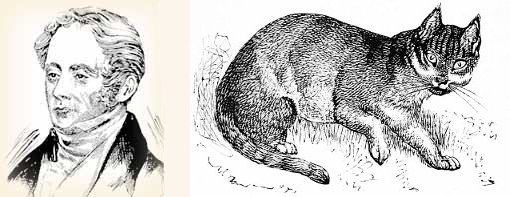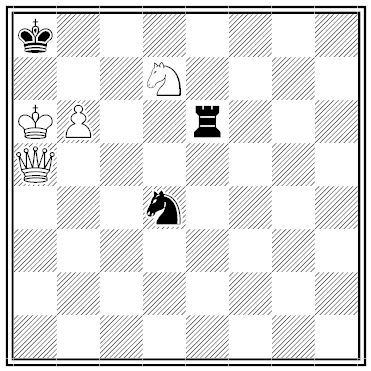
For twenty-five years past an oral addition to the written standing orders of the native guard at Government House, near Poona, had been communicated regularly from one guard to another, on relief, to the effect that any cat passing out of the front door after dark was to be regarded as His Excellency the Governor, and to be saluted accordingly. The meaning of this was that Sir Robert Grant, Governor of Bombay, had died there in 1838, and on the evening of the day of his death a cat was seen to leave the house by the front door and walk up and down a particular path, as had been the Governor’s habit to do, after sunset. A Hindu sentry had observed this, and he mentioned it to others of his faith, who made it a subject of superstitious conjecture, the result being that one of the priestly class explained the mystery of the dogma of the transmigration of the soul from one body to another, and interpreted the circumstance to mean that the spirit of the deceased Governor had entered into one of the house pets. It was difficult to fix on a particular one, and it was therefore decided that every cat passing out of the main entrance after dark was to be regarded as the tabernacle of Governor Grant’s soul, and to be treated with due respect and the proper honours. This decision was accepted without question by all the native attendants and others belonging to Government House. The whole guard, from sepoy to subadar, fully acquiesced in it, and an oral addition was made to the standing orders that the sentry at the front door would ‘present arms’ to any cat passing out there after dark.
— Sir Thomas Edward Gordon, A Varied Life, 1906



